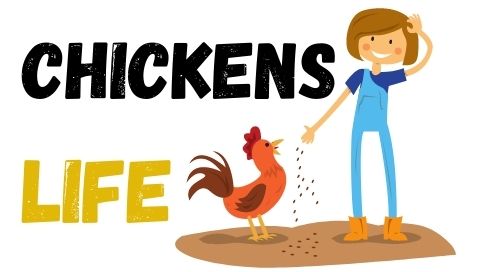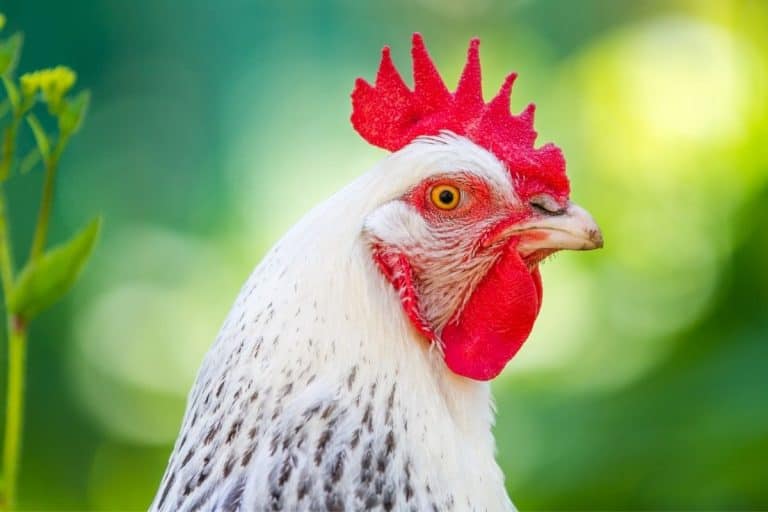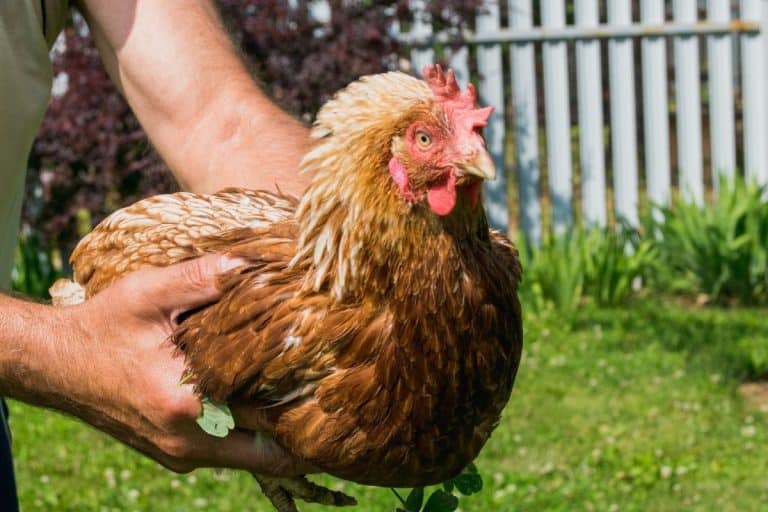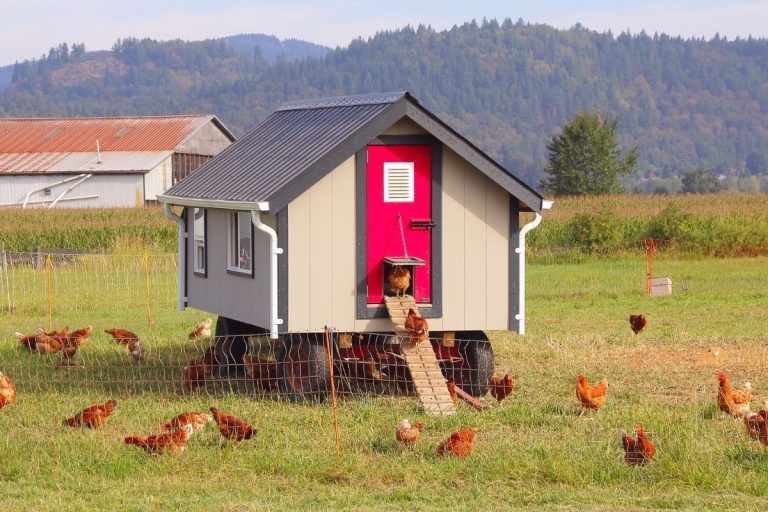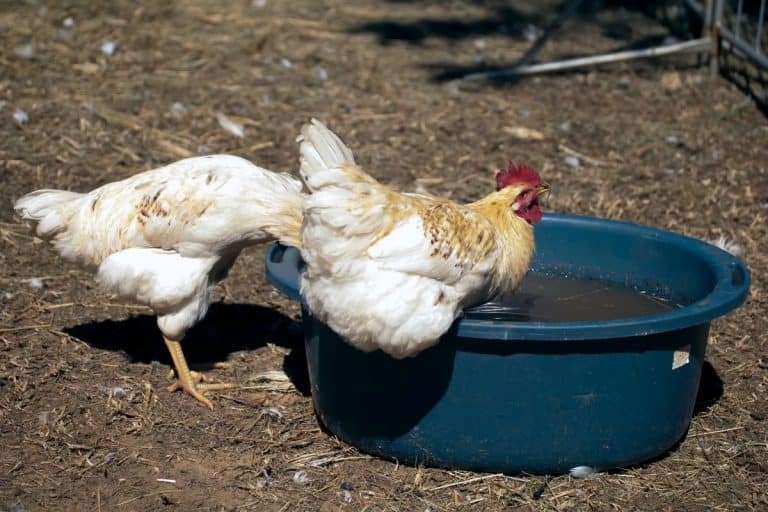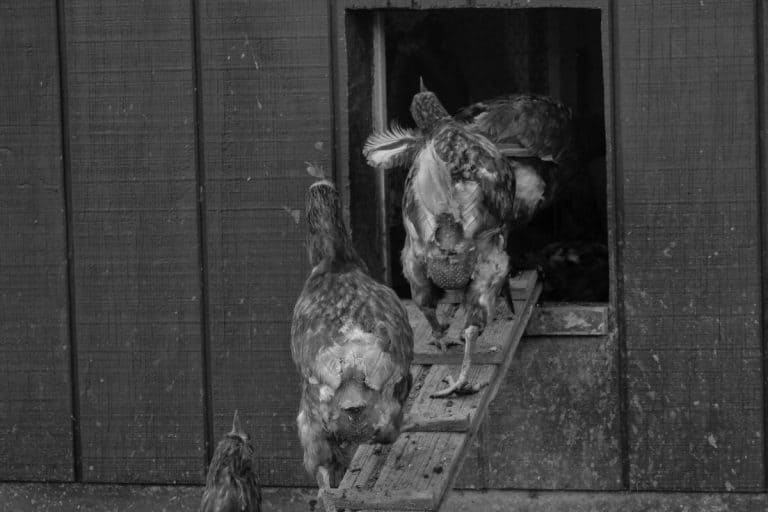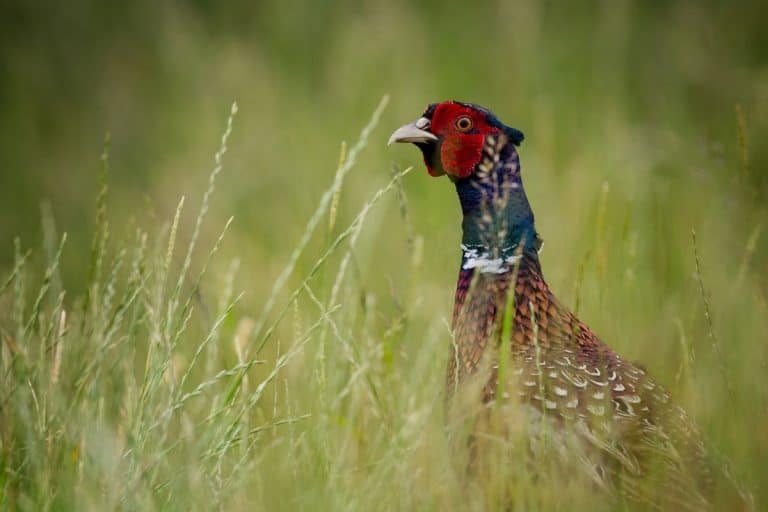How to Tell if Chickens in your Flock are Happy? (15 signs)
Every avid raiser of chickens aspires to have a happy and healthy flock. Knowing the signs of content and happy chickens is the first step in knowing if you are doing the right things for them. They need to be provided with treats and attention, as well as plenty of free-range time in the yard. If you aren’t meeting the physical and emotional needs of your chickens, they will communicate this unhappiness in the form of an unhealthy change in their behaviors and moods.
In general, chickens show their happiness depending on how active they are, how much they are eating, how much they are preening and dustbathing, and by their socialization levels.
While these are only a few examples of how to tell if your flock’s emotional needs are being met, there are certainly more tips to come. Besides going over how to tell if the chickens in your flock are content and happy, this article will explain how to adapt if there is something wrong with their environment or overall health.
Hey chicken buddies: Quick heads-up before going further! I've put together a list of stuff I use and love for my flock. If you're curious about what keeps my hens happy, click here to find out.
15 Signs That Your Chickens Are Happy
It’s important to know that all chickens are different and will sometimes show illness or depression in other ways. Be sure that you are being watchful of your flock and their various personalities so that you can differentiate between the symptoms and signs that each one displays. Below are some common and less common ways to tell if your chickens are happy and content.
Your chickens are active
Chickens love to explore and those that move around freely within their coop, run, or yard are showing that they are happy and living a great chicken life. Once you raise a flock of your own, it becomes obvious that the chickens that live in the factory setting with hundreds of hens under one roof and overcrowding are not happy chickens.
*It is important to know that the rule of thumb is 10 square feet of room per chicken. If you are raising smaller breeds then you can get away with a little less space.
Your flock is making happy noises
Many chicken owners will tell you that a happy hen will make a low humming noise, similar to that of a cat’s purr when they are relaxed and content. Many chickens will do this while being petted or during sunbathing sessions.
Having a hen purring and sitting in your lap is a clear indication of how comfortable she is with you. Sometimes even roosters will purr when they’re relaxing!
Pecking and scratching at the ground
This behavior is seen often while chickens are out foraging for food. A happy hen instinctively scratches at the dirt for a variety of reasons. Usually, they are only looking for bugs and snacks, even if they have some food readily available.
This is just their nature, foraging is fun too. Sometimes they are only trying to kick up some dirt for a dust bath and other times they are all scratching at the same spot as a social activity.
Chickens are eating and drinking regularly
If you notice that one of your chickens is standing off by themselves or is not wanting to eat when the others are, then this can be a sign of distress, either emotional or physical.
Preening
Happy and healthy birds often preen themselves. This is how the chickens and other birds keep their feathers clean and in good shape. Did you know that chickens have a gland, rightfully called the “preening gland” that looks like a pimple?
When they nibble on this gland it secretes an oily substance that the chickens then rub on their feathers while they preen. This oil will waterproof their feathers, as well as deter parasites.
Happy chickens love dust bathing
This is an important, normal and instinctive behavior among chickens. Dust bathing coats their feathers and skin with dirt, while at the same time, clogging the respiratory pores of ectoparasites and insects, suffocating and killing them. Afterwards, they shake off excess dirt and preen their feathers with their preening oils.

If a chicken’s feathers start looking unhealthy or you don’t see them grooming themselves, then this can be a sign of distress, and they should be monitored more closely.
Roosting and perching
As an instinctive defence mechanism, roosting at the highest point that a chicken can reach is pretty typical. Chickens have poor night vision and are very vulnerable when it is dark. A hen or rooster that isn’t trying to roost up high at night, especially if they used to, is a big sign that they could be sick, depressed or injured.
Laying eggs regularly
While this seems like an obvious sign, it is true that a happy hen will provide you with plenty of eggs. Specifically, a content and safe chicken will deliver close to one egg a day. If there is any sign of stress, illness or predators, there can be a noticeable effect on their egg production.
A healthy and happy chicken will start producing eggs around 5 to 6 months of age.
Molting season can affect their egg production as well. They will take a break from egg laying about twice a year. When chickens go through a molt, they will look funny as their feathers fall out and are replaced by new ones, appearing pretty scraggly. During this time of growing back their feathers, they can become uncomfortable and require additional protein to help them along in the process.
If your chickens don’t go through a molt, this can be normal as well, then they will continue to deliver eggs. If they are not molting and have a pale comb and wattle, then this can be a symptom of sickness.
Singing after laying an egg
Many hens will let out a celebratory ‘song’ after producing an egg, as a sound of happiness and pride over her beautiful work. Sometimes the other hens will join in as well.
Roosters will also make noise when happy and healthy. If they stop crowing or making his typical rooster sounds then this can be a symptom of something wrong with him.
Staying together
Chickens typically will stick together in a group. Sometimes there’s a hen or rooster that prefers solitude, but this should be a personality trait they have always had and not a sudden one. If you notice that a chicken is isolating itself from the others when it never has, then doing an exam and once over could be in order.
Red comb and wattle
A healthy chicken usually has her comb and wattle red and full. Having a pale wattle or comb is an indication of sexual immaturity or unhappiness. Sometimes the stressor is just that they are going through a molt or that they are bothered by a dog, predators, overcrowding or illness.
Social interaction with people
Many chickens that are used to spending time with people will display behaviors of excitement like making noise and following you around. If you notice that a normally social chicken has been avoiding interaction with you or others in the household, it may be worth observing to find what is stressing her or check her over for injury and illness.
Playing
Chickens enjoy spending a majority of their day playing, running, pecking and scratching. A hen spending too much time sleeping or staying in the coop could mean unhappiness or other issues.
Friendliness
Hens usually enjoy each other’s company, meaning that they will play, preen and socialize with the others in the flock. If one chicken suddenly becomes aggressive with it’s coop-mates or is starting more fights than usual then they may be trying to tell you something is wrong among the group.
Strong shells
Happy and healthy chickens will produce eggs with a hard, solid shell that cracks easily in a crisp, clean line and does not crumble. Hens that are receiving the appropriate amount of calcium and nutrients as well as living in an ideal environment will produce these healthier eggs.
Wait, I have some recommendations for you!
Before you go any further, I want you to take a look at some of the recommendations I've handpicked for you. I think these are essential items you should have for your chickens flock. You can check them out and buy them directly from Amazon.
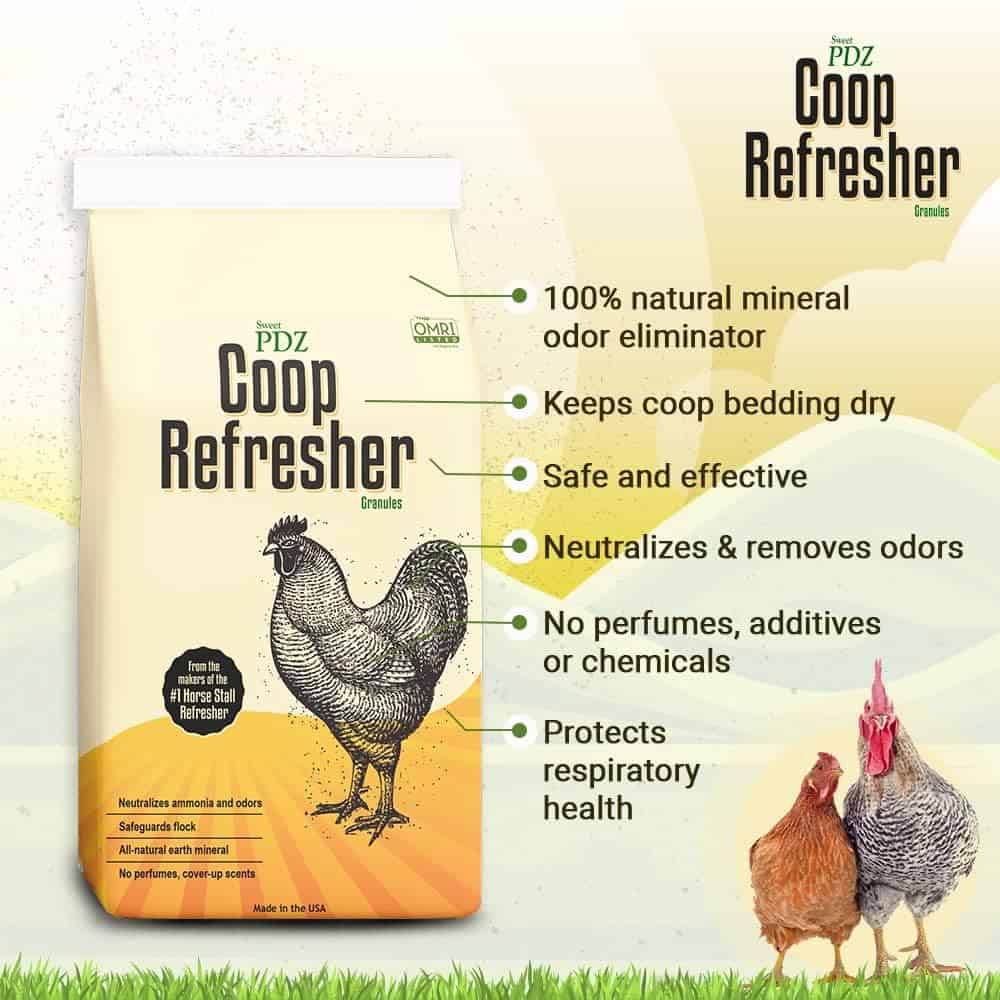 | 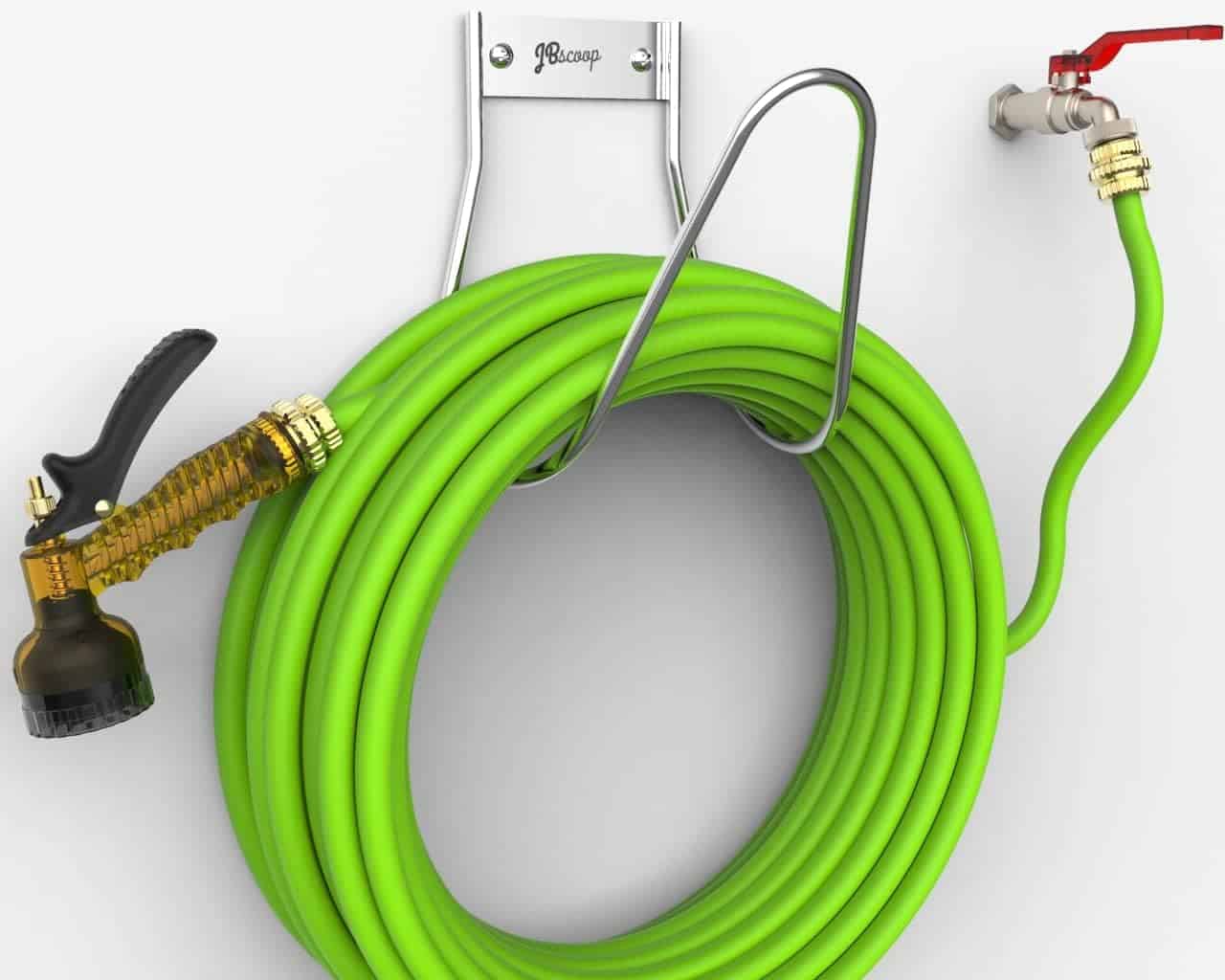 | 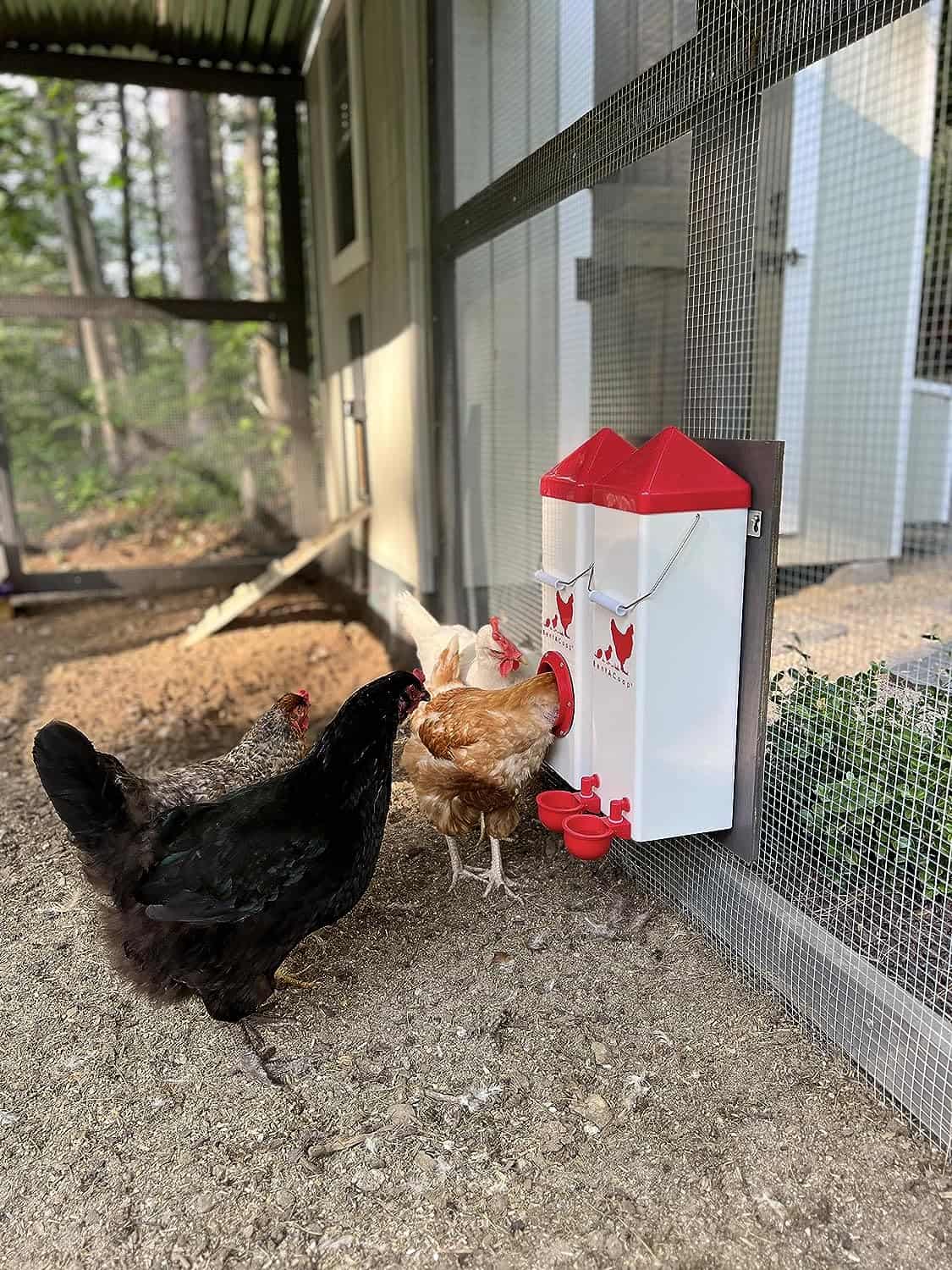 | 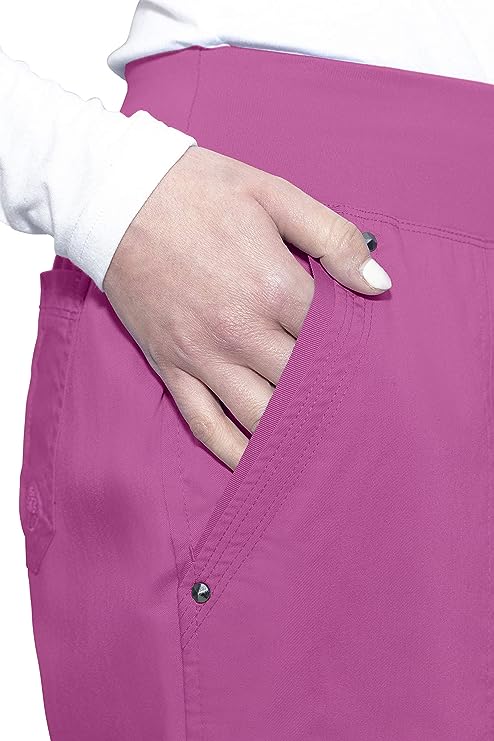 |
| Essential accessory for your coop | No more tripping over hoses! | Predator protection made easy | Comfort + style is possible |
Why Do Your Chickens Seem Sad?
If you suspect that one or several of your chickens are unhappy, finding what is causing the distress in the flock is the next thing to do. Knowing your chickens and their unique personalities is also crucial, being able to identify abnormal behaviors among specific birds is important in deciding how to handle a problem.

Sometimes the problem is just that it’s winter, and they have to spend more time cooped up, and other times it’s a dog next door barking at them or a member of the flock passed away or is injured. Below is a list of common stressors among chickens:
- A grieving chicken will usually display behaviors that you would see from people or other animals. Especially if the passing of the other hen, rooster or even person was sudden. Chickens are very emotional creatures and losing a close member of their flock can cause a lot of stress among them, especially if it was a leader of the group like a well-admired rooster.
- Inadequate food and water, as well as sleeping and roosting arrangements, can have a large effect on emotional and physical well-being. Feeling like they have to fight for resources and space causes discord among the flock. Supplying them with plenty of feed, water, treats and height should help prevent issues over resources.
- Exposure to new disease pathogens and environments can cause stress and disruption. Especially if they have never been free-range before and suddenly are allowed outside into areas and foliage they have never experienced. Slowly introduce them to their new environment.
- Introducing adult chickens into an already mature flock with a pecking order could cause a large amount of discord among hens. Especially if new roosters are placed among hens that already have an established male hierarchy. Either a slow introduction or not mixing flocks can prevent fights over reestablishing pecking order.
- Predators and other typical domesticated animals can disrupt the happiness among a flock of chickens. If they feel often threatened by a neighbor’s dog or a fox that is sneaking around, then protecting them from these environmental factors will help improve overall content and happiness. Here is a list of what chickens fear to help you.
- A sudden change in temperature or day length will certainly reduce the number of eggs that hens produce. Winter and colder seasons where the chickens have to stay indoors only causes stress and depression; appropriately coining the term, feeling “cooped-up.”
Chickens feel sad in the winter too
Seasonal depression in chickens can be a problem among flocks that live in colder climates and experience winter. Because chickens don’t do well in cold weather, keeping them indoors is necessary.
The shorter daytime hours can cause a decrease in egg production as well. A chicken needs about 12 hours of daylight to promote an ideal egg laying environment. If your coop doesn’t have appropriate ventilation and the ammonia build up becomes too high, then upper respiratory issues and other illnesses can arise. Ensuring adequate lighting, cleanliness and ventilation in the coop during the winter months is a crucial factor in the overall happiness and health of the flock.
Chickens and their emotions
Chickens as a species are very emotionally complex individuals. A study was performed that shows that chickens can display empathy and love towards people, animals and other chickens.
Their abilities to understand emotional cues and communicate in multiple ways was one that was surprising for many who don’t know chickens. If you are someone who has raised chickens for years, then you have probably already recognized that. Many farmers and backyard raisers alike believe that all chickens have unique and interesting personalities.
Handling your chickens and their emotional health
Knowing how to handle your chickens is an important part of ensuring their physical and emotional health. This is why you should be experienced and knowledgeable on how to pick up and examine your chickens, otherwise you could miss potentially life-threatening conditions or parasites which will affect their overall health, reproduction and performance.
Besides being about to examine them for any possible injuries or illness, chickens benefit emotionally by spending time with each other and the people who care for them. An experienced chicken raiser knows that cuddling and regular handling of your chickens can improve their happiness and socialization skills.

